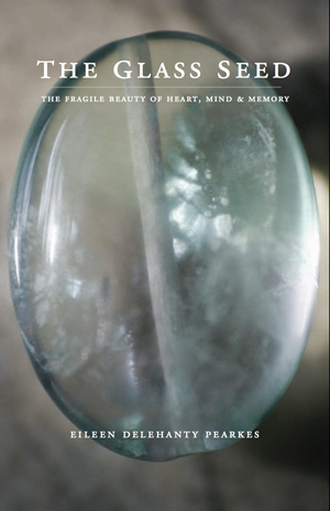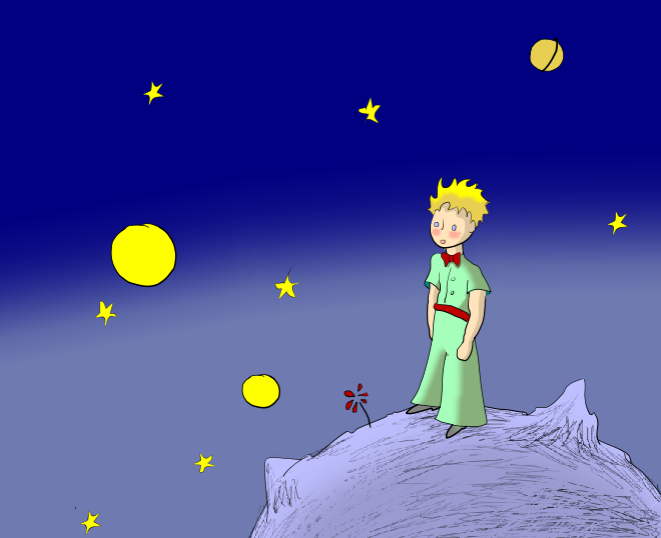
Dementia, in all its forms, is a devastating disease. It leads Pearkes to ask “Is it possible that Alzheimer’s disease has risen as an illness of our time because of something we need to learn? Relinquish the mind. Let go of the hollow husk of material being. Embrace a power beyond human accomplishment. Accept mortality. Then see what happens.”
I will forever remember the scenes Pearkes describes where she sits with her mother, a mother no longer resembling the woman she grew up with, who nurtured her, who was strong and in control, and who now can no longer even mutter an intelligent sentence, nor recognize her own daughter. And still Pearkes holds her, sings a nursery rhyme to her, loves the pre-verbal essence that is still her mother.
It is almost too deep a moment to comment on.
There is a stage in the illness when her mother still manages to speak in short sentences, though many seem nonsensical. On one occasion, Pearkes’s mother reminisces about her husband and says of him “Something was in there. In him. I wished he could get it out. It made him so unhappy.” Then, a moment later, she looks directly at her daughter and, in preternatural wisdom, blurts out, “You are like that too.”
This book challenges us with the question ‘are we more than the sum of our memories’? Clearly Pearkes thinks we are, and her exploration of that question is multifaceted and poignant. “The mind,” she concludes, “for all its potential cannot be depended on the way the heart can.”
I think of St. Exupery’s Little Prince perched on his asteroid, and of his fox and the snake which will help him make his final journey.
Goodnight sweet prince.

